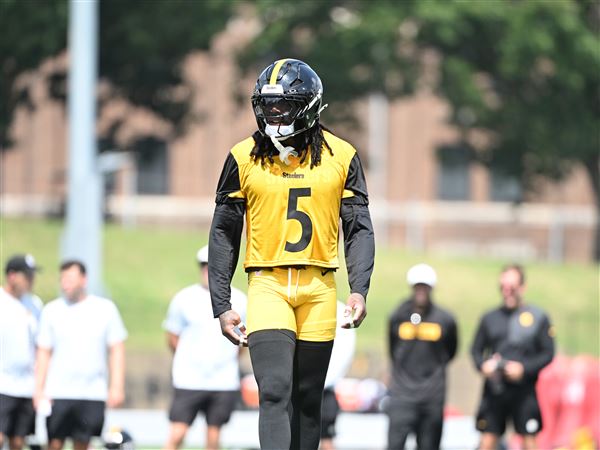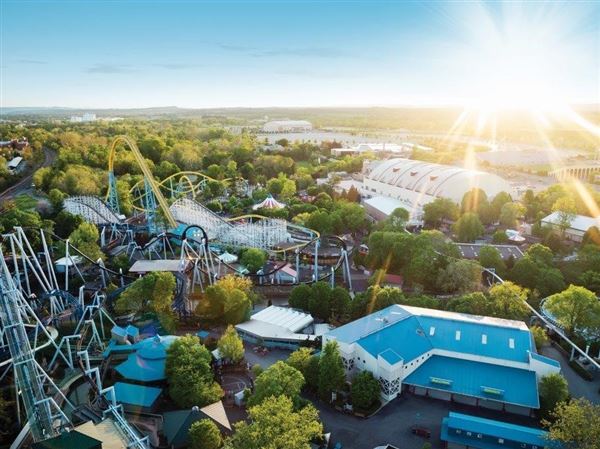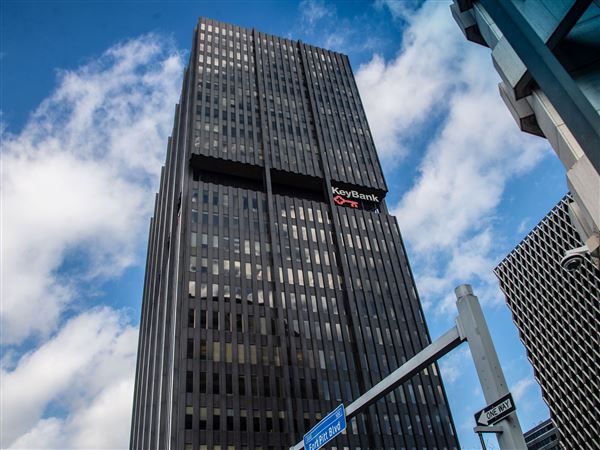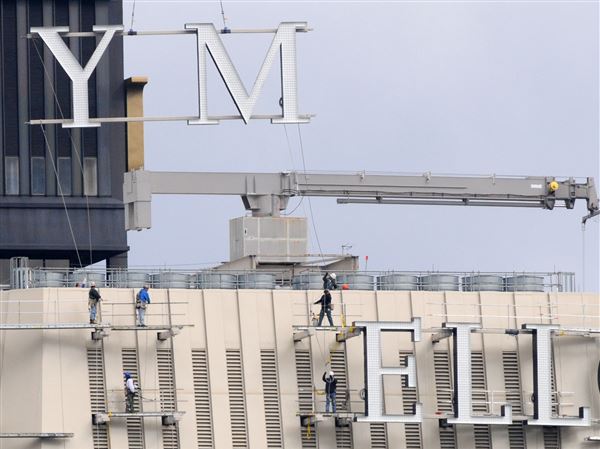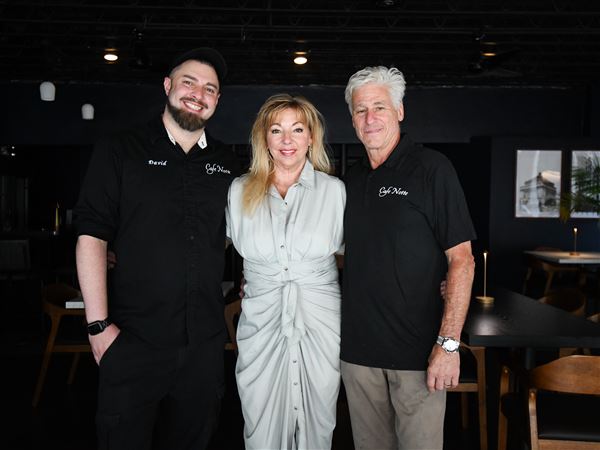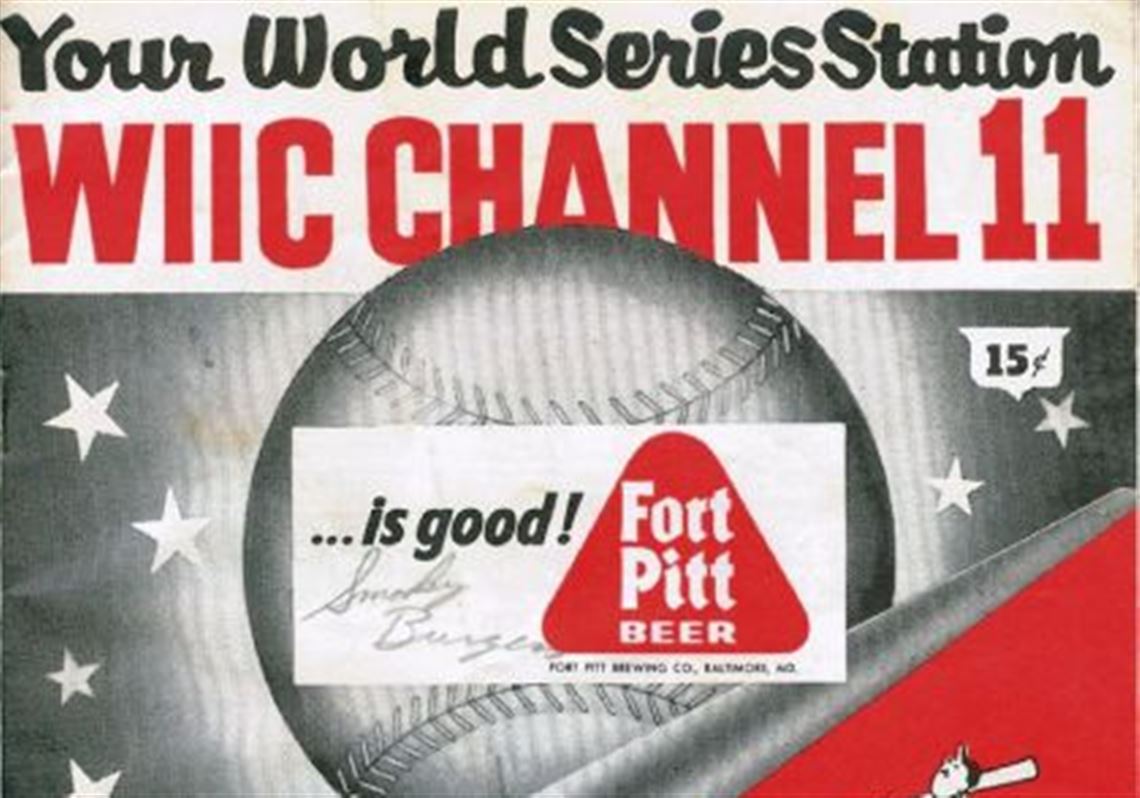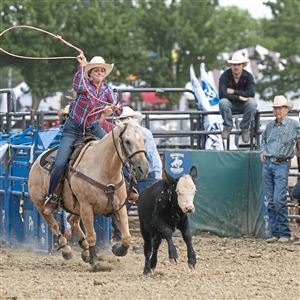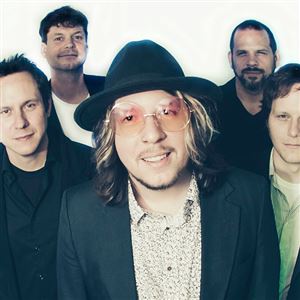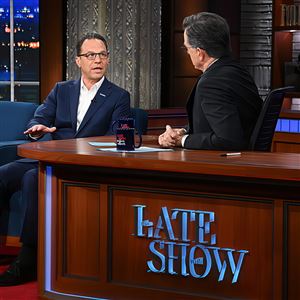In my mind's eye, Pittsburgh has always been defined by rivers and hills. But also by baseball.
The rivers are obvious. Were it not for the confluence, there would be no Golden Triangle and no Point. The hills, too, are obvious. To a Midwesterner these are more mountains than hills. They seem to jut up at impossible angles.
The hills seem as large today as they did in my youth. But the memories of a 4-year-old boy in 1959 recall one hill being especially large. That hill was the mound that stood squarely in the center of the diamond at Forbes Field.
Though Pittsburghers love their football, I contend it's baseball that defines who we are as a nation. The game has a poetry that illuminates our sense of fair play, our commitment to work together, our challenge to test ourselves to try to reach that next base. And it's baseball that claims my earliest memory.
Sept. 23, 1959, was my fourth birthday. It was also the first time that I ever went to a Pirates game, and I remember it vividly.
Forbes Field was a cavern of twisting ramps. I clung to my father and my Uncle Lou as they moved me around what seemed to be a dark and confusing maze. A few years ago, my family and I went to Yankee Stadium, and I admit to having flashbacks to old Forbes.
What those old parks achieved, undoubtedly by accident, was akin to entering a Frank Lloyd Wright home, where you go through a small opening and are thus more impressed with the scope of the room you next enter.
I remember walking out of the tunnel and seeing Forbes Field for the first time. From dark and tight corridors we walked out to a green field bathed in light. My memory sees the grass as impossibly green, but that's the power of being sensually overwhelmed.
The Bucs were playing the Milwaukee Braves that night. I confess that I don't remember much of the game itself. Records tell me that the Pirates won, 5-4. That's not important to my memory. In fact, the only reason that I know that the Braves were the opponent was because I still have the program.
Before the game my father took me to the Pirates dugout on the first base line. He placed a program and pencil in my hands, grasped me around the waist, and held me so I was virtually in the dugout. My dad is 87 now, but I can still feel his hands and hear his 34-year-old voice shouting, "Hey, will somebody sign this kid's program?"
There I was, in sensory shock, professional ballplayers milling around me, and Dick Groat and Smoky Burgess signed my program. More than 50 years later, that program is one of my personal treasures. Baseball had grabbed me and has never let go.
Over the years I was fortunate enough to have baseball and the Pirates as one backdrop to my life. I saw many more games at Forbes, though none were so impressive as that first. We would go to 10 or 20 games a year, usually sitting in the third base grandstand, hopefully not peering around a support pillar.
When we were really lucky, we managed box seat tickets on the first base side. We got tickets there one evening because that expansion team, the Mets, was in town and Dad wanted to see Casey Stengel. I was thrilled because when the game was over, they opened a gate in the outfield wall and you could walk right over the Pirates batting circle as you left the ballpark.
Three Rivers Stadium and its "cookie cutter" design is much maligned today. But you have to put it all in context. It was 1970, and the country and Pittsburgh were in a rush to the future. And that was our best idea of the future: multi-functional stadium, synthetic turf that wouldn't be bothered by the elements, polyester uniforms. Baseball had become disco.
I recall Curt Gowdy announcing that he was at "beautiful Three Rivers Stadium." Pirates baseball in the '70s was something bigger than all of us, and Three Rivers was quite a stadium. The concourses were wide, but once inside your only focus was on the game.
We survived disco and moved on to PNC Park. Baseball has always been poetry with a ball, and now the Pirates have a venue that showcases both the game and the city. Perhaps that's the greatest legacy of Three Rivers: It moved the game back to the rivers.
Again, we have those great influences of Pittsburgh literally and metaphorically together. I hope soon to get back to Pittsburgh, cross the river, and watch someone take the hill.
First Published: June 12, 2013, 8:00 a.m.
